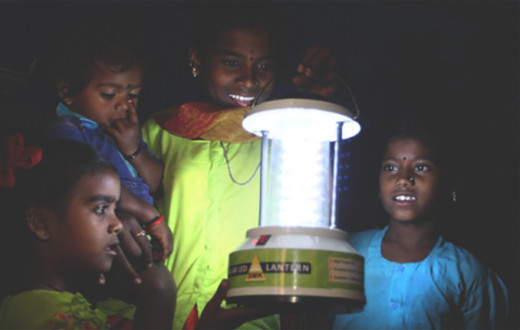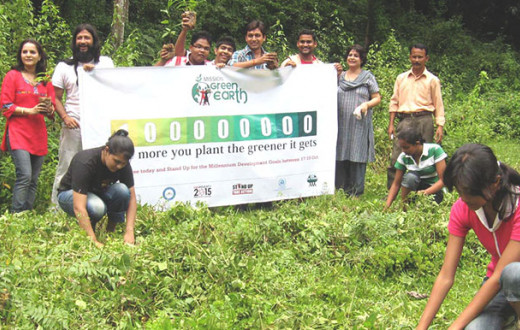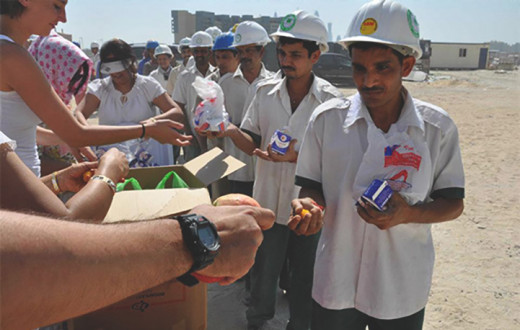Water shortage is considered as the most dangerous outcome of environment degradation and India has already started to feel the impact of the water crisis. With a rise in population, India has witnessed a substantial reduction in the availability of fresh water by 25 percent in the last 20 years. The struggle for water is evident in several Indian villages, some which are even marked as drought-prone.
One such village is Kapsi in Maharashtra, India. Hit with dry spells and no provision for storing water, it was one of the villages which were declared ‘drought-prone’. However, things changed for its villagers when they were introduced to the rainwater harvesting methods under The Art of Living’s water harvesting project.
At a time, when villages were bearing the brunt of not having an alternate plan to source water, Art of Living volunteers were training thousands of villagers and youth in water harvesting projects in their communities.
The success story of Kapsi village is a testimony to it. The villagers of Kapsi today have a different tale to tell. The village, now, is an example of how the practice of rainwater harvesting can reverse a water crisis situation in India.
Restoring indigenous water supply mechanism
As part of the initiative, the volunteers are engaged in restoring indigenous water supply mechanisms in rural India by harnessing village ponds, recharging wells and maintaining groundwater levels among other methods.
Apart from conserving water for use during dry periods, the initiative also reduces the possibility of flash floods. In the absence of any harvesting mechanism, excess rainwater flows away. So, the farmers are forced to look for groundwater sources for irrigation and other purposes during dry days. This amplifies the use of groundwater supplies and lowers water table drastically.
Several villages in India, where The Art of Living has initiated this work, now have indigenous mechanisms for rainwater harvesting, which helps in creating a grassroots model for environment sustainability.
Roof water harvesting a viable solution for all
Rooftop rainwater harvesting is not new. In Rajasthan and Gujarat, people have managed to survive the worst famine situations with only 150mm rainfall in some years. The principle of rainwater harvesting from rooftop is to collect and store whatever amount of rainwater that could be stored, and divert the rest for recharging groundwater.







